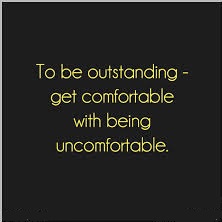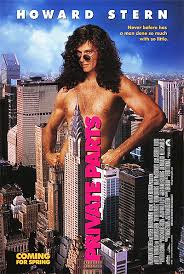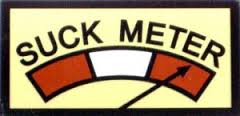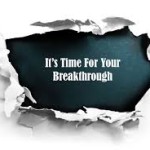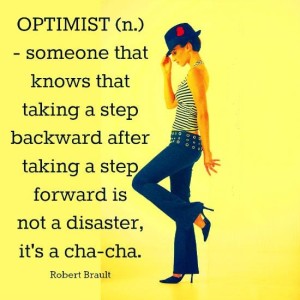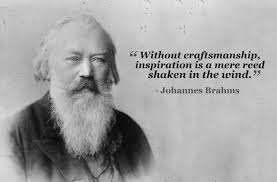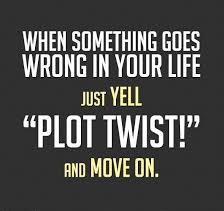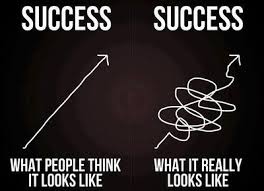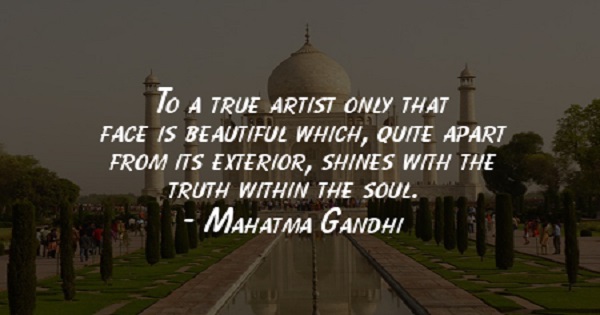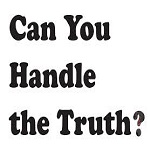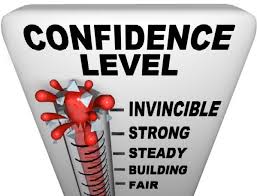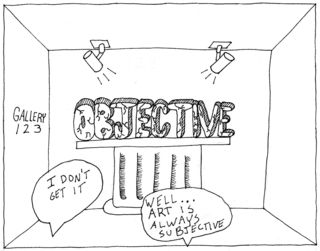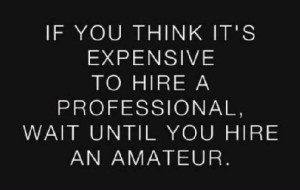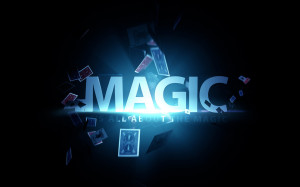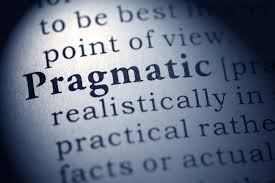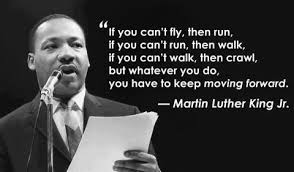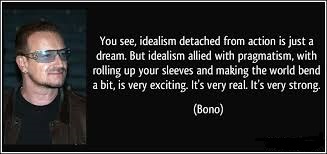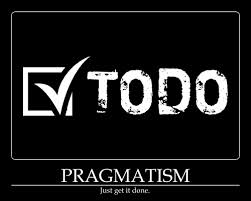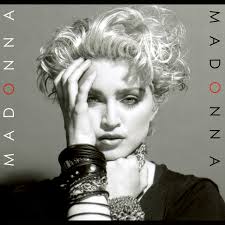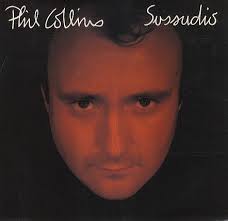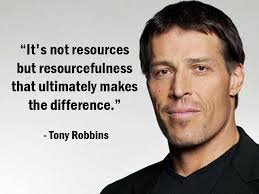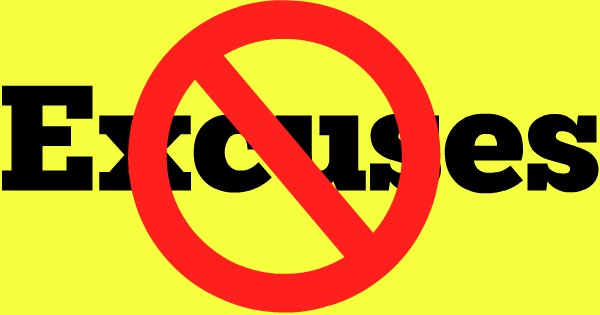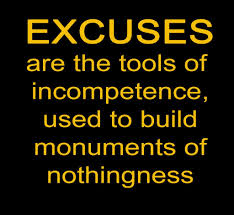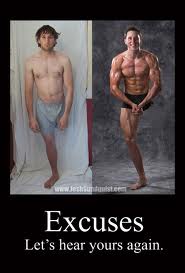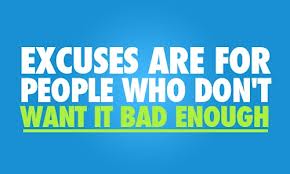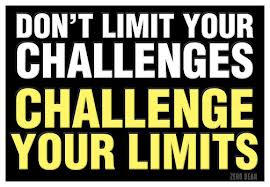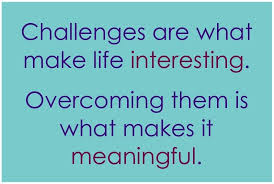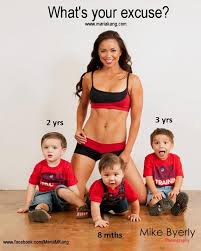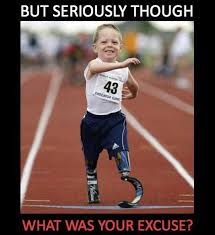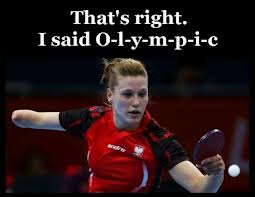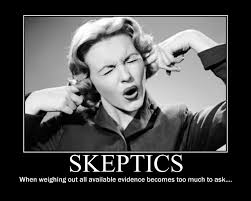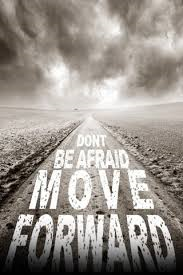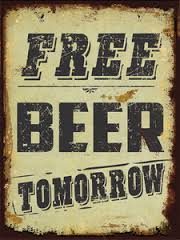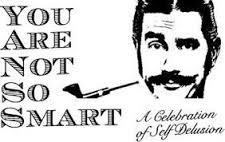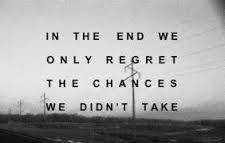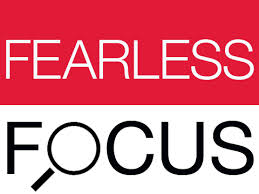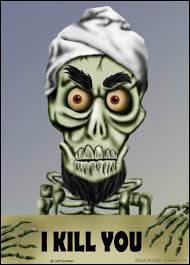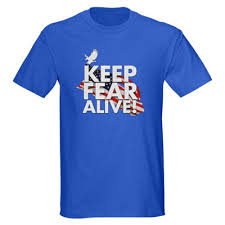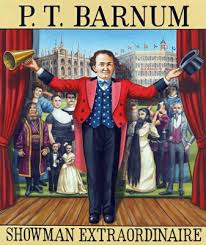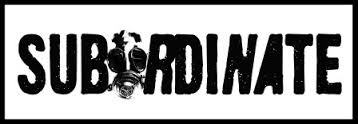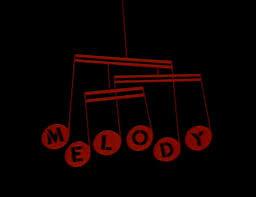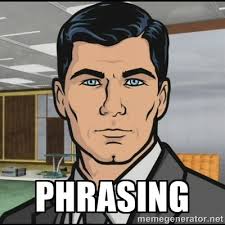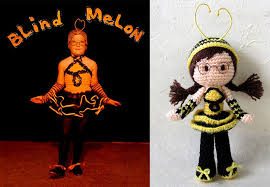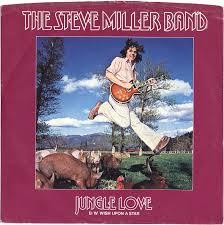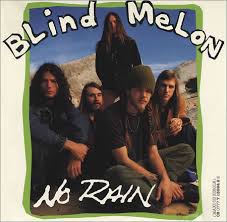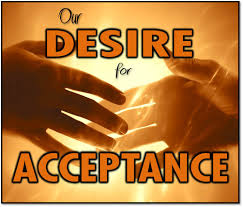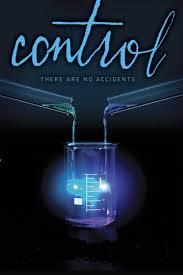In our podcast episode entitled “What Is Producingâ€, Kelly and I discuss the many hats we find ourselves wearing as artist developers. One hat is that of a psychologist to our artists and writers. Artists are, and should be, constantly uncomfortable. They need guidance, assurance, a friend, a shoulder to cry on, a champion, a white knight, a mentor, a disciplinarian, a protector, and a confidant as they navigate their way not only through this crazy music business, but in their private lives as well.
I am preparing for a meeting we are about to have with an artist who has struggled a bit trying to find his groove as a writer.
I am thinking about pain.
I am thinking about anxiety.
I am thinking about what it means to be uncomfortable.
I remember as an artist I was in a constant state of “uncomfortableâ€. Not only was I searching for the tools, processes, and pathways to advance my artist career, but I was trying to be a better person as well.
I was growing
I was effing uncomfortable.
I was always the least talented musician because I chose to (and was lucky enough to) be surrounded by guys with far more musical talent than me.
We worked our butts off and found ourselves in a relationship with a regional booking agent offering a club tour and we had to rise to the occasion.
We had to step up our game as a professional organization
We had to intensely scrutinize the vocal and background vocal components of our live show; because it needed it.
We had to become better musicians
We had to do it fast. There was a tour coming. No pressure.
We had to put an incredible amount of attention towards our look and stage presence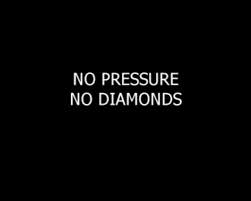
We had to step up our promo and create a poster for the booking agent to use as a sales tool.
We had to reevaluate our set list which would have ROCKED Milwaukee, WI but nowhere else; which was a disturbing discovery.
We had to overcome the complexities of 5 distinct personalities plus the road crew in a confined space for long periods of time.
We had to learn to say “NOâ€.
We had to discover and practice politics with club owners, road crew, booking agencies, and the occasional law enforcement officer.
We had to become pros because when we were signed to this agency we were amateurs.
 We had to improvise, adapt, and overcome because the “next step†is never anywhere near how you envisioned it to be.
We had to improvise, adapt, and overcome because the “next step†is never anywhere near how you envisioned it to be.
We worked harder and then a producer became interested in developing us.
Guess what?
We had to rise up again. Now we had to repeat all previously mentioned steps because we were operating at a higher level than before. So new politics, new challenges, new relationships, and a lot more at stake.
We kept working and that helped us create a relationship with a major record label. All new politics, new challenges, new personalities, and it never goes the way you imagined it.
Get the picture?
This was far better than the contrary, you know, the scenario where I surround myself with people who are “beneath my pay-grade†solely for the purposes of feeling comfortable. So I can feel relaxed.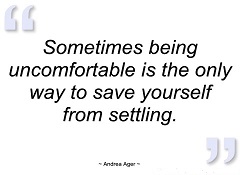
Content.
Kelly and I operate Daredevil Production the same way. Hell, it’s WHY we named our company Daredevil Production! The picture of the man performing a handstand on 2 legs of a chair that is balanced on another chair that is balanced on 4 Coke bottles, that is balanced on a tower of platforms that are balanced on top of a B-29 Superfortress is actually Kelly’s Great Grandfather, the Great Al Dault. That is the home page image on our website.
If you’re not feeling these things then you’re doing it wrong.
You’re stronger than you think
You’re smarter than you think
You’re capable of much more that you can currently imagine; I promise.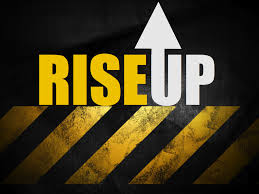
Comfortable is for people on their death bed.
Artists that are moving forward are risk takers.
If risk taking was an FDA approved drug the side effects would be:
- Fear
- Nausea
- Anxiety
- Elation
- Euphoria
- Devastation
- Vomiting
- Paranoia
- Joy
- Delight
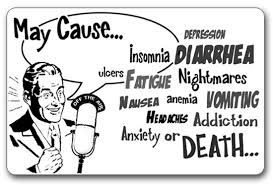
- Jubilation
- Pleasure
- Depression
- Despair
- Hopelessness
- Satisfaction
- Financial stress
- Financial freedom
- Flu-like symptoms
- Anal leakage
Screw comfortable.
Unless you’re dying.
If you like this post, please SHARE it and/or LEAVE A COMMENT thank you!
[ois skin=”Bottom Post”]



